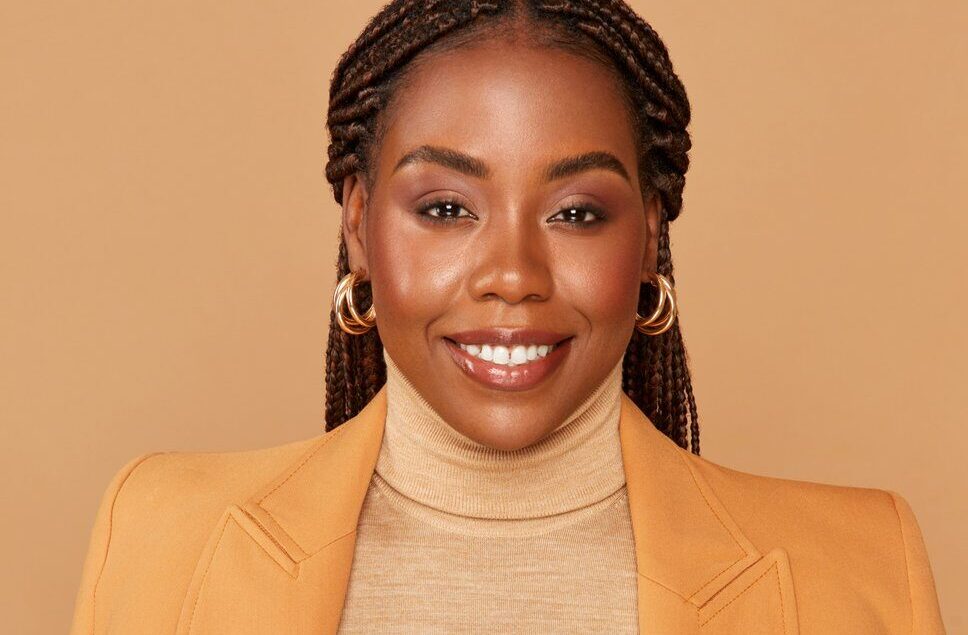African Ancestry Is Underrepresented In Genomic Research – This Black Founder Is Plugging The Data Gap

UK-based Black woman-founded digital health startup SökerData, has been awarded a share of a £6.2 million ($7.8 million) grant from Innovate UK.
SökerData
Research has found that people of European genetic ancestry represent a disproportionate 80% of participants in genome-wide association studies (GWAS). By contrast, only 2% of participants have African genetic ancestry.
This imbalance has profound implications, especially in diseases like breast cancer, where outcomes vary significantly across ethnicities.
SökerData’s project focuses on building a diverse biomarker database, a critical resource in the realm of medical research.
Biomarkers are key indicators of various health states and play a pivotal role in understanding disease vulnerability, treatment reactions, and clinical outcomes.
The startup is led by Dr. Elsa Zekeng (CEO), a former European Commission Young leader, and Rakia Finley (CTO), an accomplished AI and database architect with experience working with the Obama administration.
Together, they are steering SökerData towards using data to develop insights that enhance efficiency, safety, and equity in drug discovery and regulatory reporting.
Making genomic research work for all populations
SökerData aims to deploy the funding towards sourcing and curating biomarkers from existing datasets and designing an advanced database architecture.
“We are deeply grateful to Innovate UK for recognizing the value of SökerData’s work,” said Finley, according to TechFundingNews.
“Despite significant advancements in pharmacology and precision medicine, we are still seeing facets of the global population being left behind the health innovation curve.”
The duo’s mission is to set the tone for pharmaceutical R&D by plugging the hole in the industry’s understanding of how treatments work.
“We have high hopes that SökerData will play a pivotal role in changing the way that we research, develop and administer treatments for diseases including cancer,” said Zekeng.



